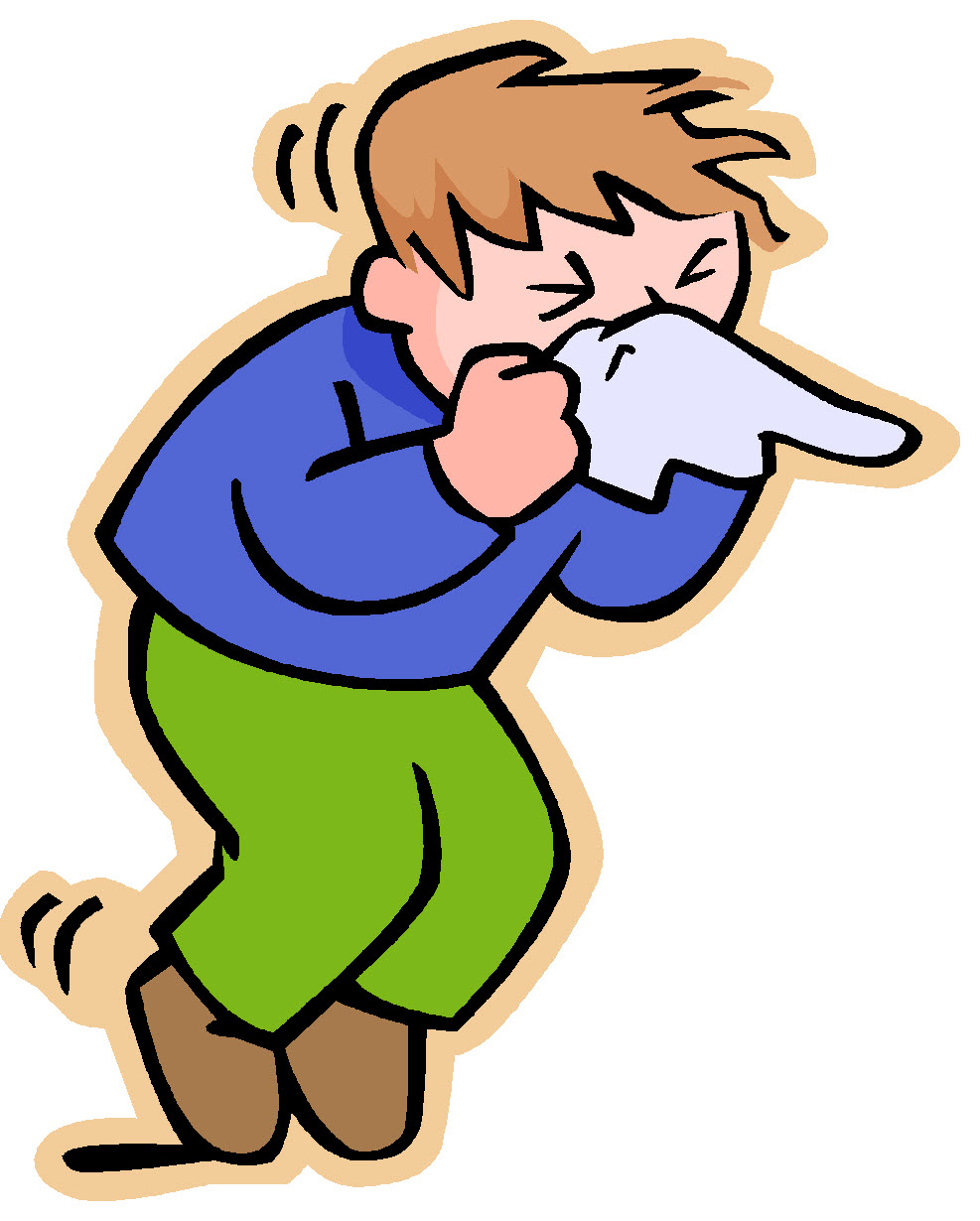Flu Signs and Symptoms
What is the flu? What are the signs and symptoms? What can I do to help prevent my child or myself from getting the flu? When can my child return to school? These are questions that we all may face during the cold and flu season. The American Academy of Pediatrics suggests that we are informed of the following information during this 2016-2016 Flu Season:
Let's Start Here: What is the Flu?
Signs of the Flu:
All flu viruses cause a respiratory illness that can last a week or more. Flu symptoms include:
A sudden fever (usually above 101°F [38.3°C])
Chills and body shakes
Headache, body aches, and being a lot more tired than usual
Sore throat
Dry, hacking cough
Stuffy, runny nose
Some children may vomit and have diarrhea. Talk with your child's doctor if your child has ear pain, a cough that will not go away, or a fever that will not go away.
How to Prevent the Flu:
Get the flu vaccine every year. Safe vaccines are made each year to protect against the flu. Everyone should get the vaccine as soon as it is on hand in your community. This year's flu vaccine includes 3 strains (trivalent) or 4 strains (quadrivalent) of the virus. The trivalent vaccine protects against 1 strain from last year and 2 new strains. These are: Influenza A (H1N1), Influenza A (H3N2), and Influenza B. The quadrivalent vaccine protects against the same 3 strains as the trivalent vaccine, and it adds a second influenza B strain (the same one added to last season's quadrivalent vaccine). One flu vaccine is not preferred over another. The number of vaccine doses your child needs this year depends on his age at the time the first dose is given as well as his flu vaccine history. Recommendations are as follows:
Children 9 years and older need only 1 dose.
Children 6 months through 8 years of age
Need 2 doses if they received fewer than 2 doses of flu vaccine before July 1, 2015. This includes children getting the flu vaccine for the first time.
Need only 1 dose if they received 2 or more doses of flu vaccine before July 1, 2015.
You Should Consider Receiving the Flu Vaccine this Year Because....
Protection from the flu vaccine lasts for only about 6 to 12 months and the virus strains in the vaccine often change.
Does the Flu Vaccine have Side Effects?
The flu vaccine has very few side effects. The area where the IIV flu shot is given may be sore for 1 or 2 days. Fever may occur within 24 hours in about 10% to 35% of children younger than 2 years but rarely occurs in older children and adults. Your child might get a stuffy, runny nose within the first few days.
You or your children will not get the flu from the vaccine. It takes 2 weeks for the vaccine to start working, so people can catch the flu before they are protected. Keep flu germs from spreading The flu virus spreads easily through the air with coughing and sneezing or through touching things such as doorknobs or toys and then touching your eyes, nose, or mouth.
Tips for Health
Everyone should wash their hands often. You can use soap and warm water for at least 20 seconds. That is about as long as singing the "Happy Birthday" song 2 times. An alcohol-based hand cleanser or sanitizer works well too. Put enough on your hands to make them wet. Then rub them together until dry. Teach your children to cover their mouth and nose when coughing or sneezing. Show your children how to cough into the elbow or upper sleeve (not a hand) or use a tissue. Throw used tissues into the trash right away. Wash dishes and utensils in hot, soapy water or the dishwasher. Do not share items such as toothbrushes, pacifiers, cups, spoons, forks, washcloths, or towels. Teach your children to try not to touch their eyes, nose, or mouth. Wash doorknobs, toilet handles, counter tops, and toys. Use a disinfectant wipe or a cloth with soap and hot water to help kill germs.
What if my Child Gets the Flu?
Call the doctor right away if your child shows any signs of the flu and:
Is 3 months or younger and has a fever
Has fast breathing or trouble breathing
Looks very sick
Is more sleepy than usual
Is very fussy no matter what you do
Cannot or will not drink anything
Urinates very little
Keep your child home


For more information, please visit: https://healthychildren.org/English/safety-prevention/immunizations/Pages/the-flu-seasonal-influenza-2014-2015.aspx
For more information about our program, please visit us at: http://www.hollytreechildcare.com